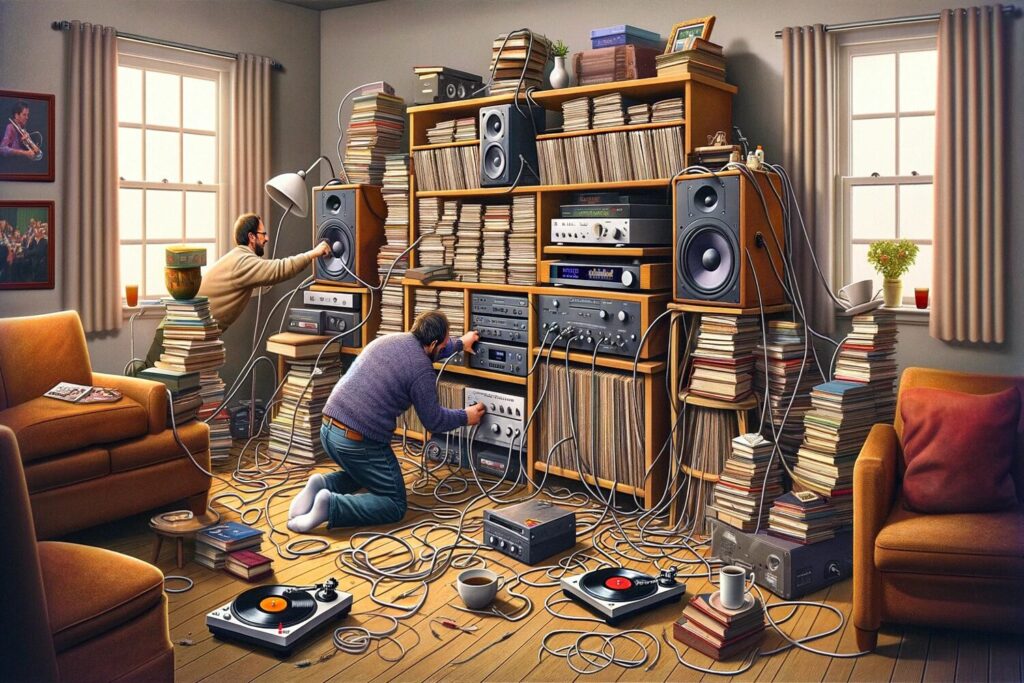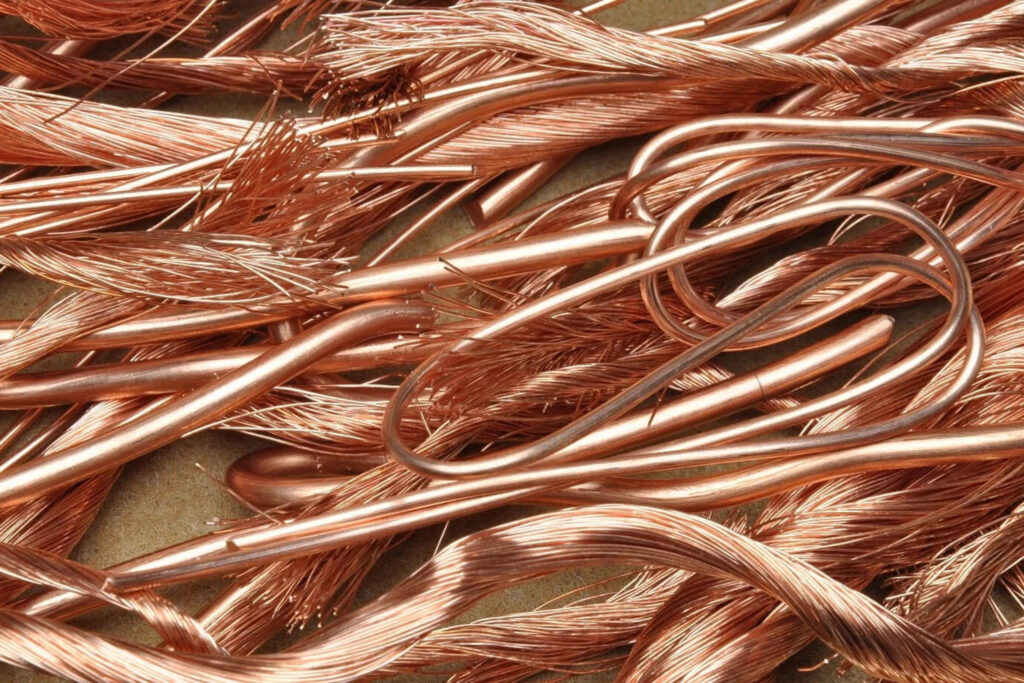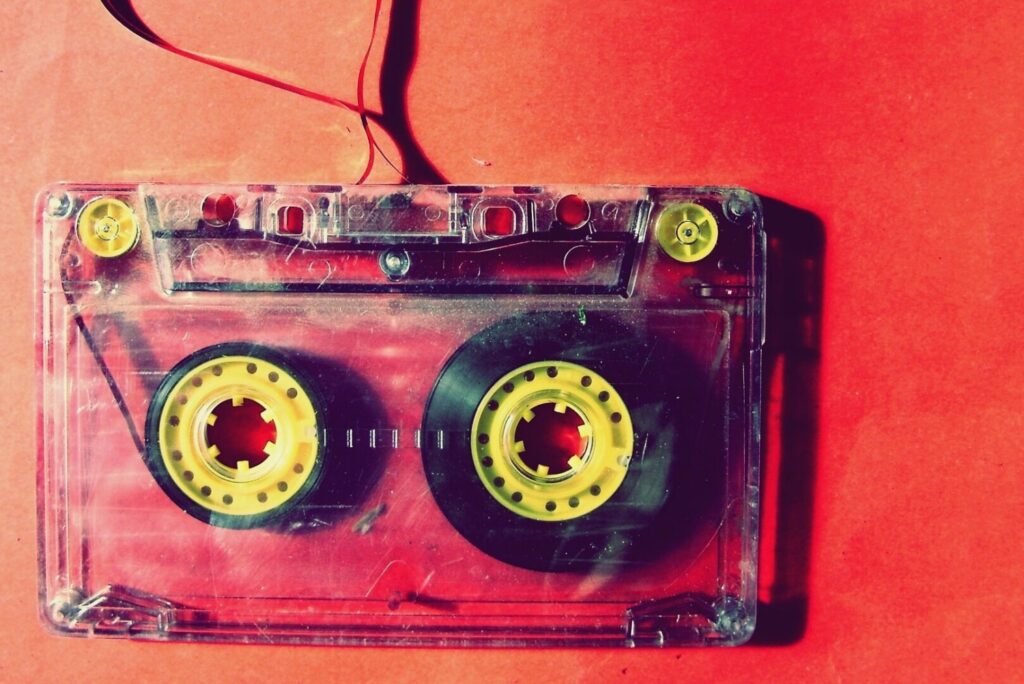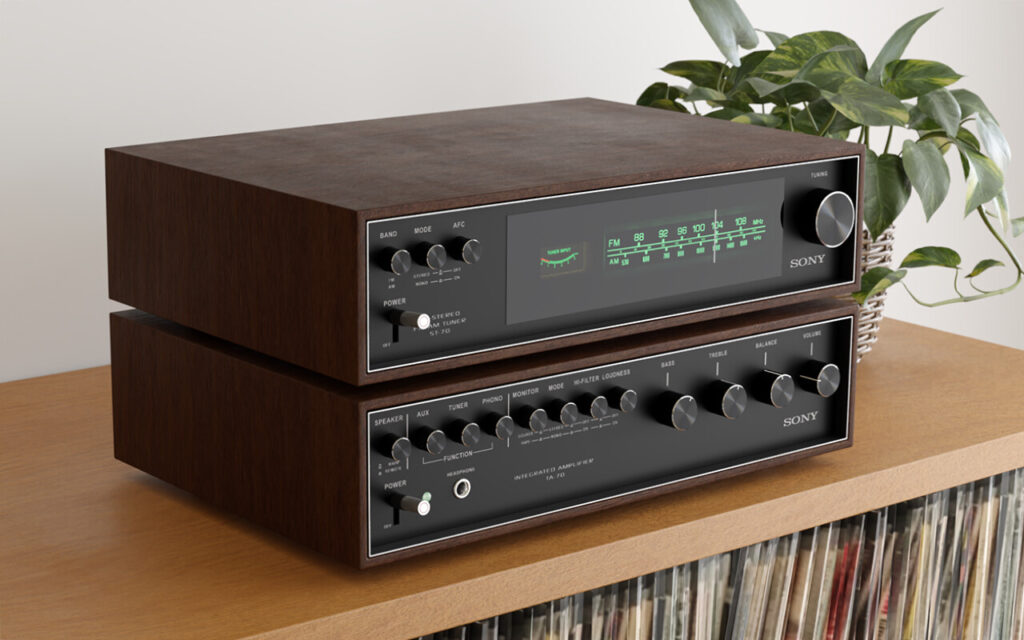Any audiophile, in the course of his or her career as a music lover, has at one time or another certainly had to deal with oxidized copper in Hi-Fi. Or, at least, he or she will have heard of it. In this article we want to take stock of the situation on the subject. Making the necessary premise that it is inevitable for copper to oxidize, let us at least try to understand what we are talking about when we refer to this chemical phenomenon, as well as how to deal with it.
What is oxidation and when copper oxidizes
Oxidation is a chemical process in which an element undergoes electron subtraction, which occurs by another element, becoming the object of the reduction process. A subtraction of electrons results in an increase in the oxidation number. The most classic oxidation process is the reaction that takes place between a metal and oxygen to give its corresponding oxide. Since oxygen is more electronegative than any metal, the metal itself undergoes a subtraction of electrons by the oxygen. Substances that oxidize other substances are called oxidizing agents. These agents subtract electrons from other substances and, by acquiring them, are also called electron acceptors. Besides oxygen, other substances with high oxidation numbers are fluorine, chlorine and bromine, for example.
Some processes during which oxidation reactions occur are combustion, respiration, and corrosion. But, then, when does copper oxidize? We have already given the answer by explaining the phenomenon of oxidation itself: when a metal comes into contact with oxidizing agents. Copper is a material that oxidizes, by the way, rather easily, and this in Hi-Fi usually occurs when it comes into contact with oxygen. The metal becomes covered with a thin film of cuprous oxide, which is later transformed by carbon dioxide into copper carbonate, with its typical greenish color. There is a positive side to the formation of this coating, however: it itself protects the copper from further oxidation. This does not happen, for example, with iron, which is instead completely corroded by the process.

What happens in case of copper oxidation?
Oxidation, then, affects various metals, including copper, which is more prone to oxidation the purer it is. And the conductor of our beloved Hi-Fi and Hi-End cables is precisely copper, in the vast majority of cases. A few exceptions, still prone to oxidation, are silver or silver-covered copper. No matter how well the cable is insulated, an infinitesimal amount of oxygen will get into it, and over the years there will be exposure to this element. This is a common problem and impossible to avoid, but one that must be taken into consideration. In fact, since because of the skin effect the sound signal passes mainly on the outside of the conductor, the formation of the patina we wrote about earlier is a problem.

Especially for audiophiles, who love to split hairs with the aim of having the most faithful reproduction of their favorite artists' performances. In industrial systems an oxidized cable leads to malfunctions of the system in which it is inserted, but oxidized copper in Hi-Fi is unlikely to do the same for the high quality of cables used in this environment. One oxidizing agent we would like to do a little background on is PVC, short for polyvinyl chloride. PVC, one of the most widely used dielectrics, releases precisely chlorides, which over the years contribute to the oxidation of copper. The process takes a very long time indeed, but it is still worth pointing out that PVC appears only in the Ricable Custom series. For our terminated cables, on the other hand, we use dielectrics of a higher standard, such as polyethylene and, in the top of the range cables, special R-TEC© dielectrics..
How do cables Ricable strongly limit oxidation?
First of all, let us point out that oxidized copper in Hi-Fi is mainly concerned with a system that has as its connection a stripped cable. In the long, indeed very long, term, however, we can say that every cable is inevitably involved in this process. Ricable does everything to make sure that this happens as late as possible. How? Certainly through the meticulous craftsmanship that distinguishes each cable uniquely. But above all through the use of the finest materials, which are therefore less subject to the action of external agents. Starting with the valuable dielectrics mentioned above, which procrastinate not a little the oxidation of copper Ricable. To discover our entire catalog, all you have to do is click on the button below.














